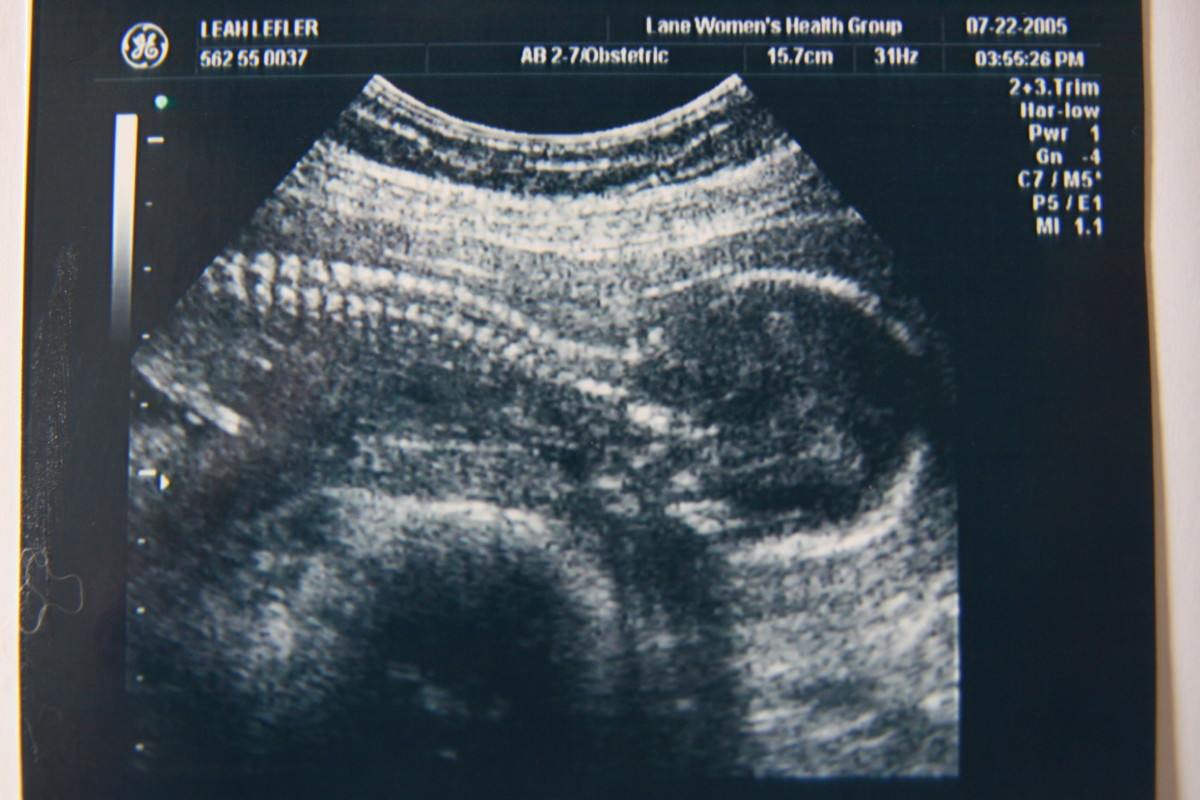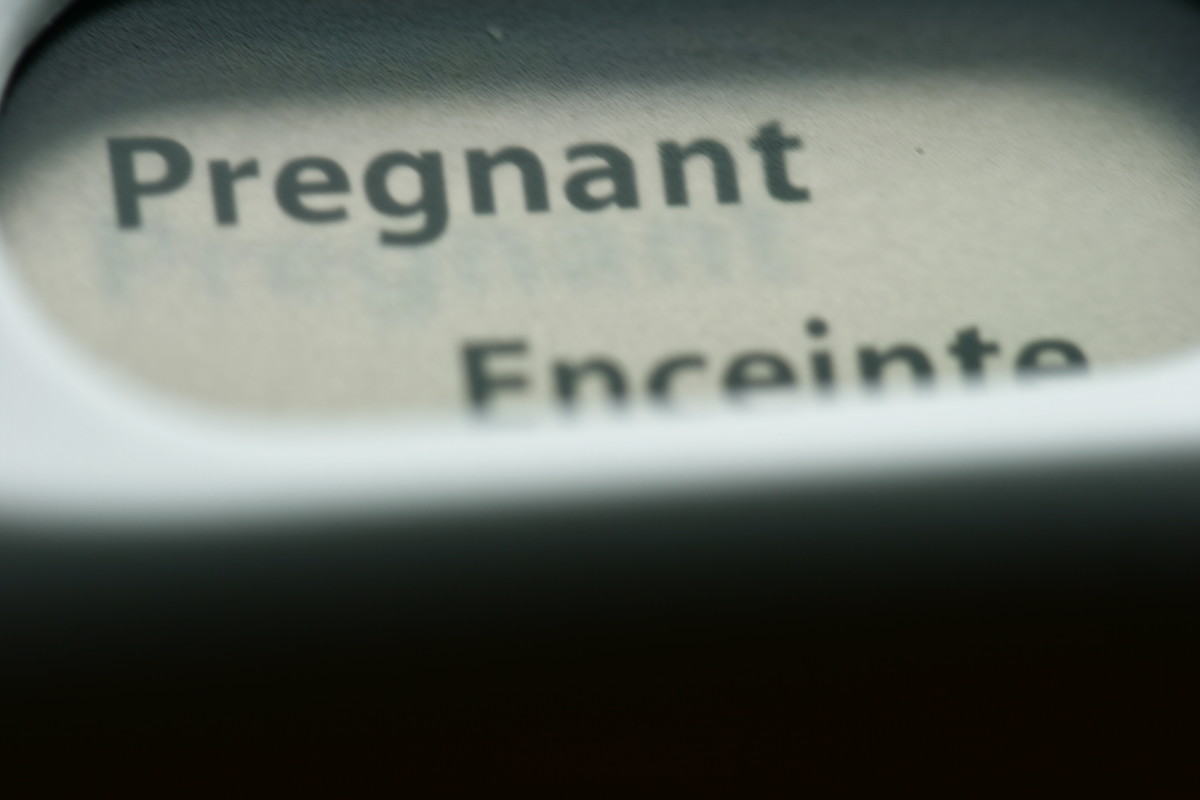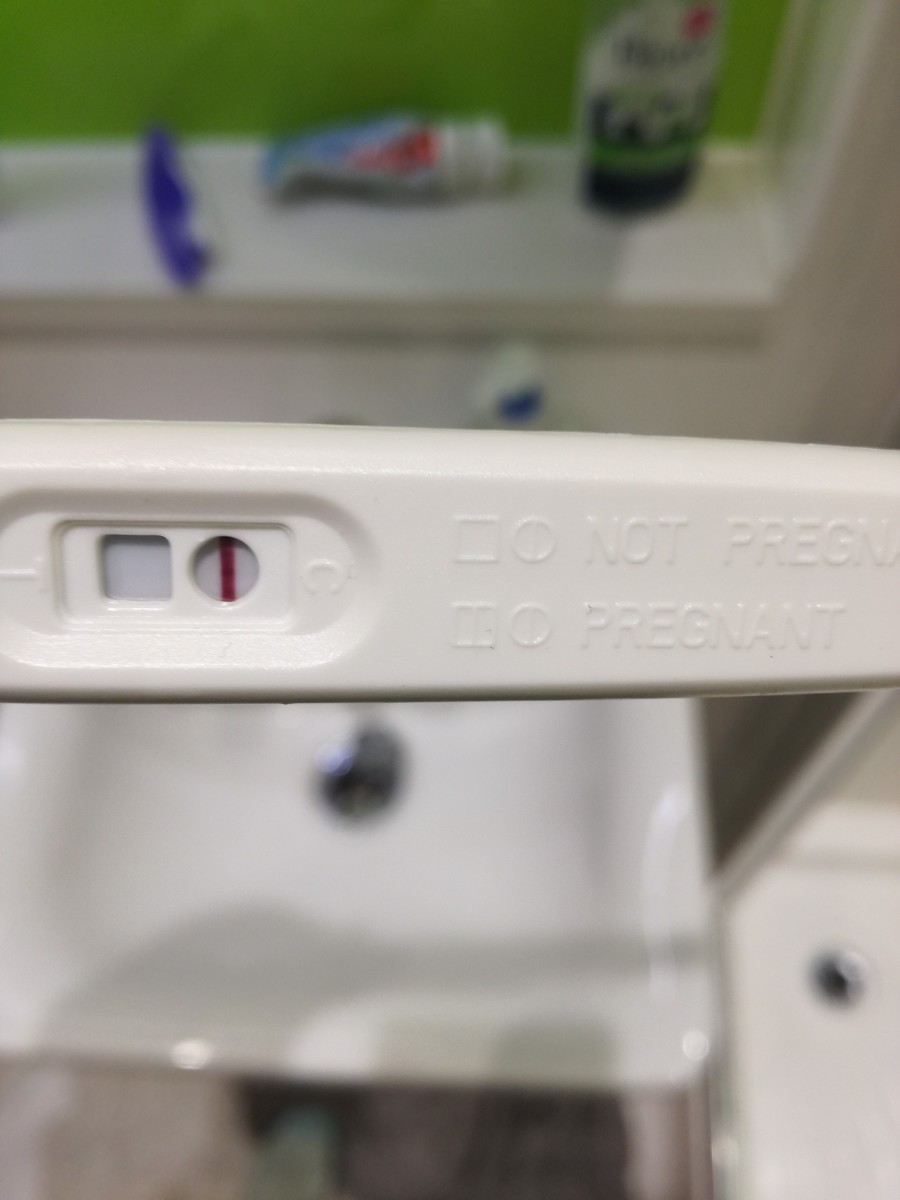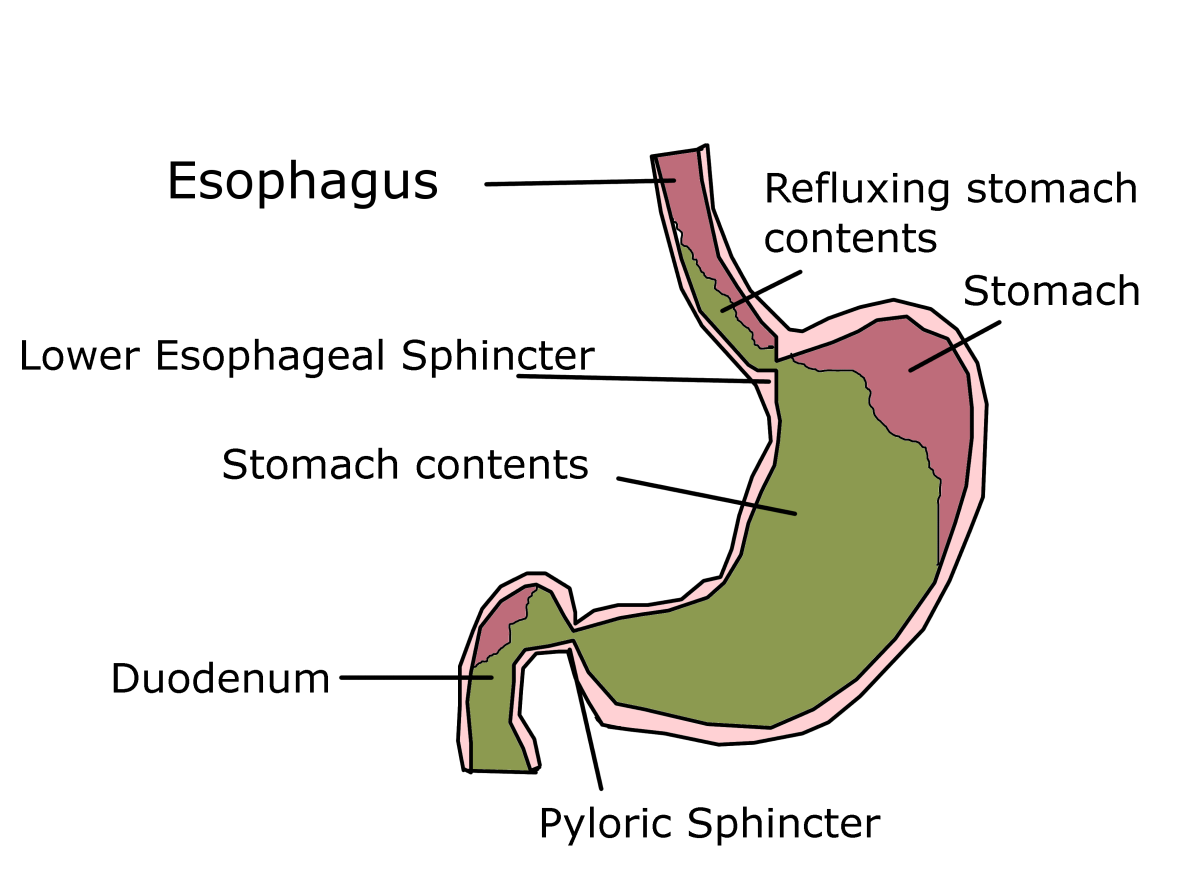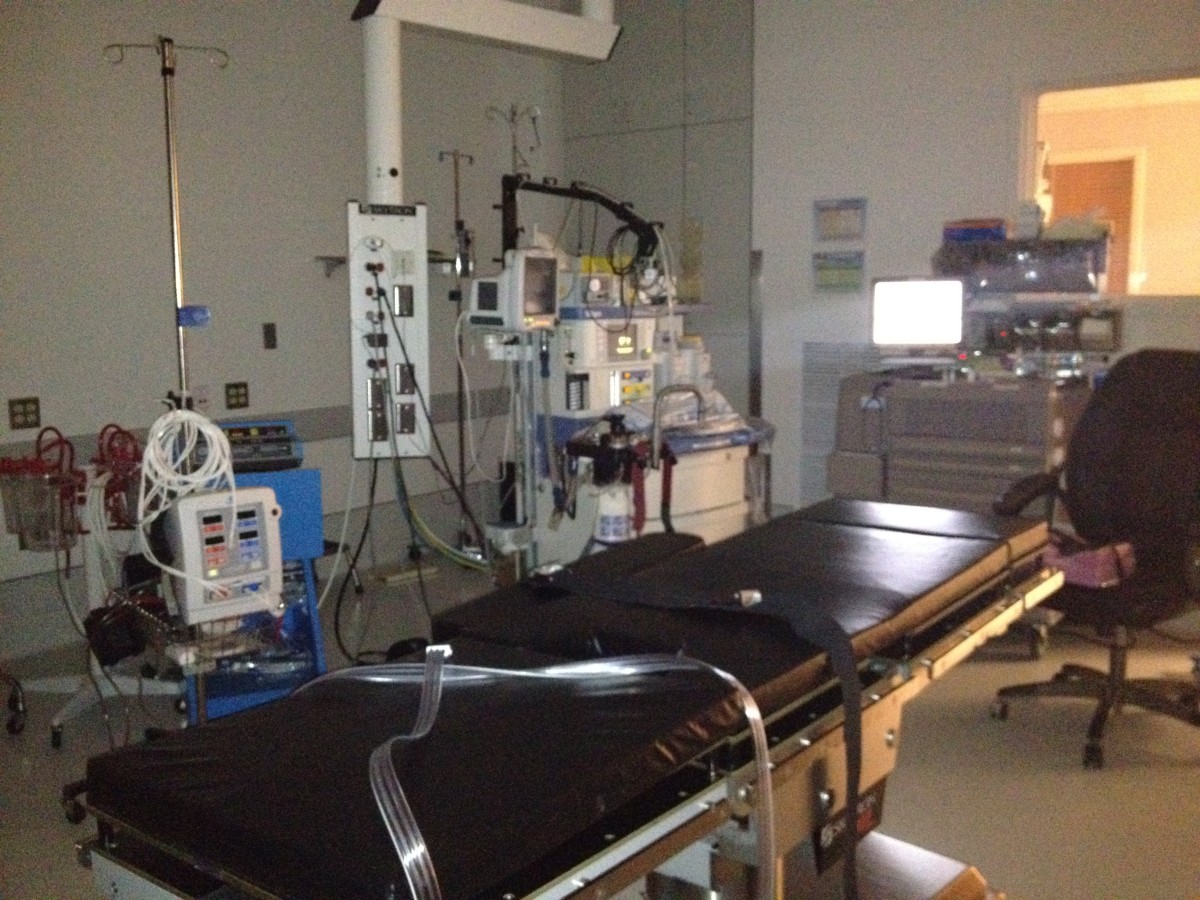FDA Approves Emergancy Contraceptive
Speak your mind:
Should Abortion of any form be legal?

On September 2, 1998, the FDA approved Gynetics Corporation's Preven Emergency Contraceptive Kit for use by American citizens. The kit, which was available only through prescription and which sold for about $20, included a urine pregnancy test and—a very controversial item—high-dosage oral birth control pills that could end pregnancy if taken up to three days after intercourse. The pills were expected to be about 75 percent effective in preventing unanticipated or unwanted pregnancies—especially those pregnancies that resulted from the failure of other contraceptive methods, like condoms or early withdrawal. "Used correctly," wrote a reviewer for the Health Letter on the CDC, "the pills in the Preven Kit may result in only about two out of 100 women becoming pregnant after an act of sex." The Preven Kit quickly became caught up in the national debate on birth control, abortion, and a woman's right to choose when to become pregnant.
The high-dosage pills in the kit quickly became known as as "morning after pills" or "abortion pills," but both those names were misleading. Scientists suggested that the pills worked by preventing an egg from being fertilized, or preventing a fertilized egg from attaching itself to the uterus. The pills could still be effective as late as three days after sex. The label "abortion pills" invited comparison with the much more controversial RU-486, a medicine with the ability to end a pregnancy within a few weeks of conception. But, many scientists claimed the analogy was false and claimed that before the drug is taken, there is a need for a urine pregnancy test, since the Preven medication was not effective if the woman was with child. Dr. Carolyn Westoff, declared in the Health Letter on the CDC: "The pills will not work, if a woman is already pregnant and will not affect a pregnancy."
The kit quickly attracted attention from abortion opponents, who claimed that the pills in the kit were nothing less than early abortion pills. In an article by Cheryl Wetzstein in Insight in the News, John C. Willke, president of the Life Issues Institute in Cincinnati, called the pills in the Preven kit, "a very, very early abortive drug. Conception can occur within 30 minutes of intercourse. So if she has had sex, by the time she gets to taking those pills she has conceived. So this can't be a contraceptive." In an interview with Celeste McGovern in the Alberta Report, Maria Bizecki, a phamacist from Calgary and a member of Concerned Pharmacists for Conscience, emphasized that the drug could result in a fertilized egg being discarded. She stated, "The public is being lied to about the way this works. Preven terminates a pregnancy in its very early stages,"
This controversy over this drug affected pharmacies nationwide and began a debate over the rights and duties of the profession. Some pharmacists began refusing to fill prescriptions for Preven on the grounds that it was an abortifacient. In May of 1999, Wal-Mart publicly announced that it would not carry Preven in its pharmacies. In addition, wrote Patricia Miller in the Nation, "pharmacists who label the method an abortifacient have invoked a right—not previously recognized by the profession—to refuse to fill a prescription they find 'morally objectionable.'"

